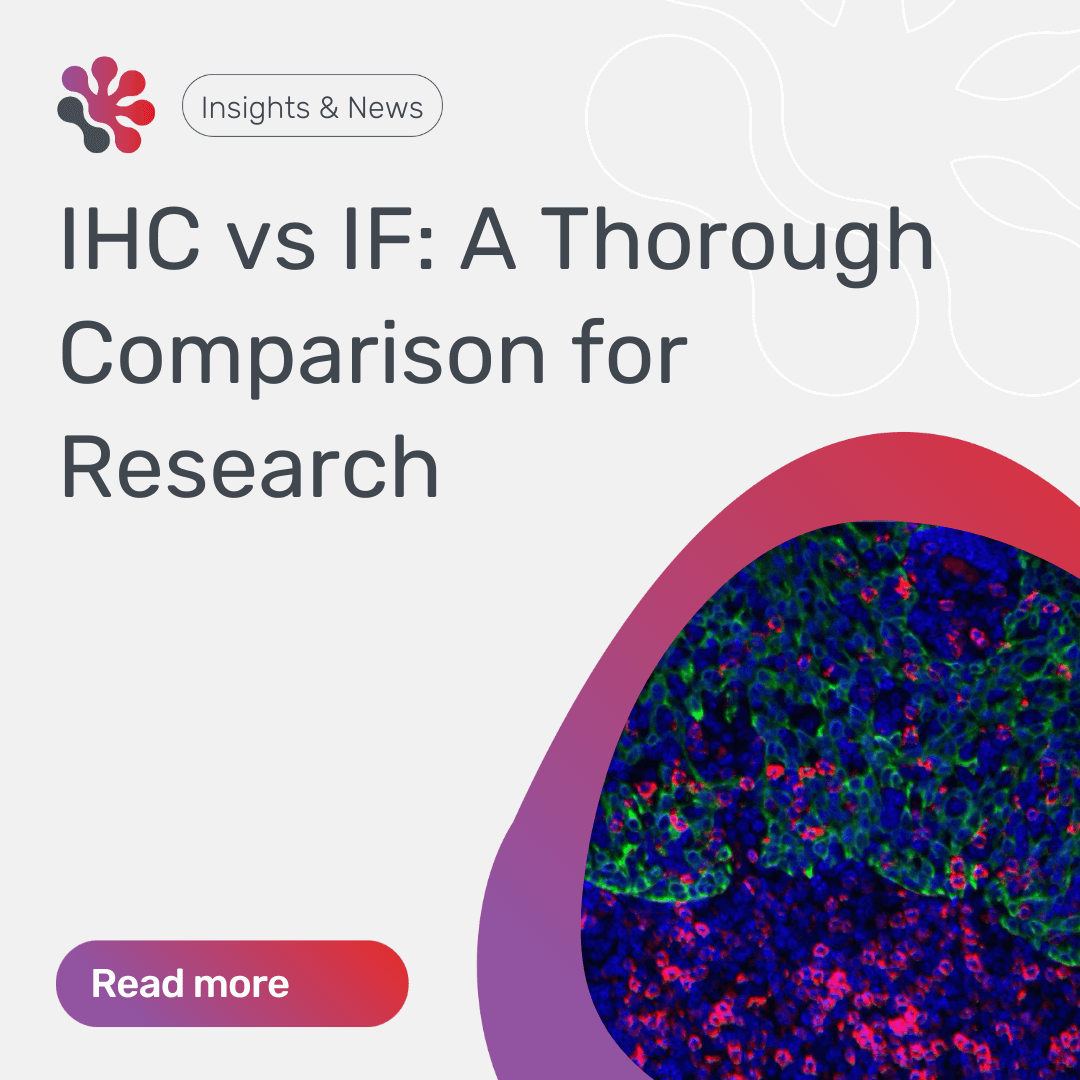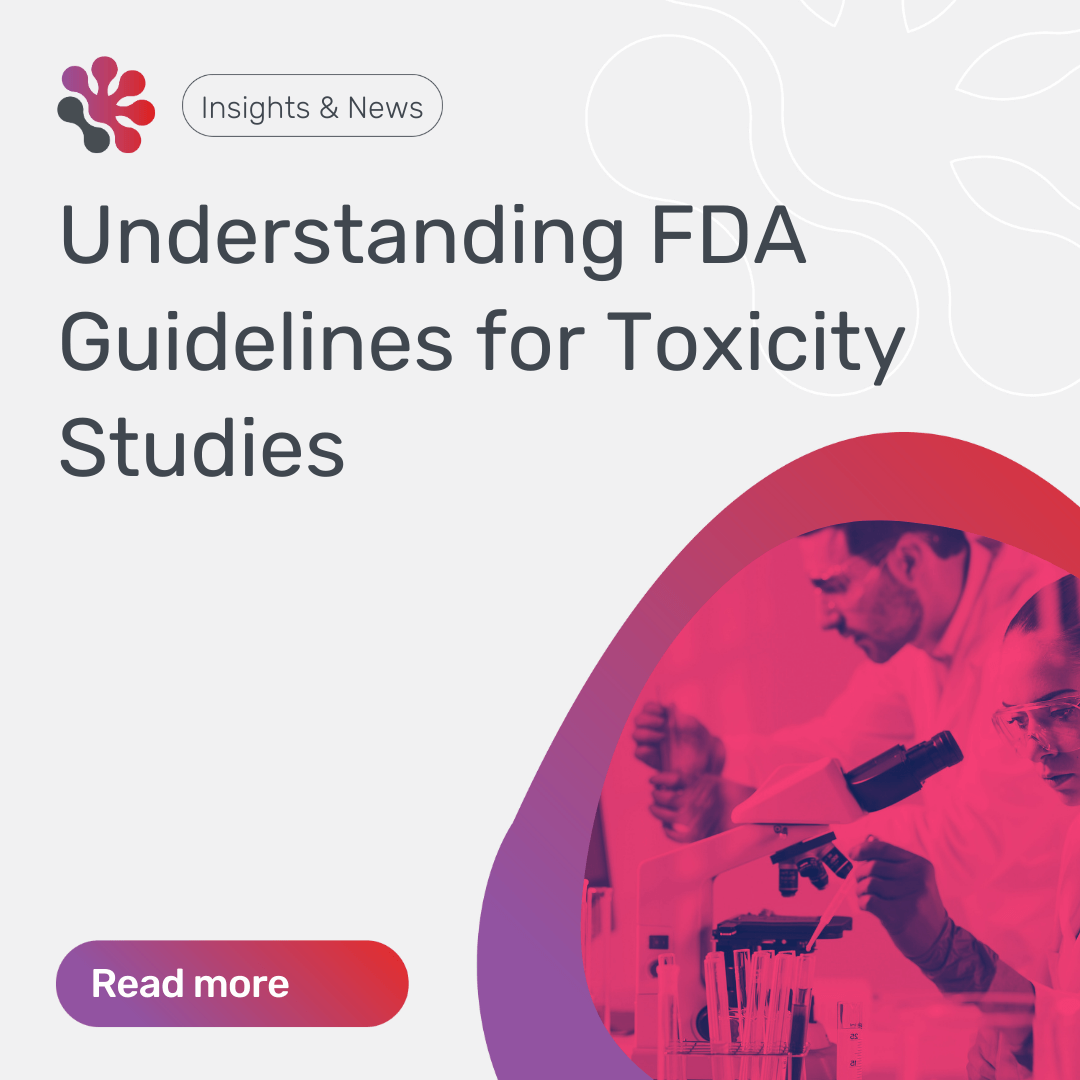To mark British Science Week and Women’s History Month we spoke to Rebecca Hanwell about her experiences studying science.
Q: Can you tell us about your research progress since completing your MPhil research project at HistologiX?
A: Since completion of the MPhil, I have tested Human papillomavirus (HPV) antibodies using immunohistochemical methods on tissue. My findings currently suggest that these antibodies which are commercially available and validated in IHC, do not work as well as expected. The rest of the project involves further testing of HPV antibodies as well as determining an alternative method of detection. This will be used to stain normal tonsils to determine whether we can detect early HPV infection.
Q: How has your MPhil research project at HistologiX influenced your PhD research?
A: The PhD research is heavily influenced by the MPhil research project, as it is a continuation of the research undertaken to date. Numerous biomarkers have been tested on oropharyngeal cancer (OPC) samples, as well as testing for the presence of HPV. This will also be carried out on normal tonsils which are being obtained as part of our clinical study with several NHS Trusts.
Q: Has there been any exciting new findings or developments for you in your field since starting your MPhil/PhD?
A: Since starting my MPhil back in March 2021, there has been an exciting development for oral cancer. A research team at Queen Mary University of London have developed the first rapid oral cancer test, which involved taking a small biopsy and testing it with PCR, which works the same as the COVID PCR test. The diagnostic accuracy of this test means that high-risk cancers could be detected earlier, preventing invasive surgery, and increasing quality of life. Oral cancers and OPCs caused by HPV have been tested in studies, which looked at blood tests to help identify patients with high-risk HPV types and see if this can be used as a screening tool. Another study has looked at cytology brushings to collect cells and perform salivary DNA testing, which sounds good as this is the technique used for cervical smears. However, the ways in which HPV causes cancer within the oropharynx is still poorly understood and therefore this technique has limited usability.
Q: How do you plan to continue your research beyond your PhD, and what are your career aspirations for the future?
A: Currently, I am still undecided about what I want to do after I obtain my PhD. I would still like to continue researching HPV and OPC if possible, but I would be happy to apply my skills to any area of cancer research. Academia is something I would consider; however, I feel I need to experience a little bit more of teaching during my PhD before I make that decision. I am certain though that with my experience and skills, a lot of doors will be opened.
Q: What has been the best part of working at HistologiX for you?
A: One of the best parts of working at HistologiX is the wonderful staff at HistologiX. Without their help and advice with aspects of the project, this would not have been possible. They are all very welcoming and lovely people to work with.
The other best part is being able to have access to the amazing equipment that is on site, which is not available at the University of Derby. Besides all the histology equipment that allows me to process, section and stain my tissue slides, there are automated stainers that can perform IHC. These allow me to put my slides and chosen reagents on the machine and it does all the work for me, allowing me to do other tasks in the meantime. In addition to these, there are automated slide scanners which scan brightfield and IF slides. Being able to use these amazing pieces of equipment allows me to put together very detailed images of my work, which I have been using for posters at conferences and for my PhD thesis.
Q: How do you see your research at HistologiX potentially impacting or contributing to the field of HPV-OPC research?
A: We are hoping to investigate and better understand how HPV infections occur within the tonsil, as well as determine whether HPV can be detected during early stages of viral infection. OPC samples have been stained with the NHS gold standards for HPV status as well as biomarkers believed to be indicators for the development of HPV-mediated OPC. The information gathered from this will allow for a comparison against normal tonsils, and potentially determine where HPV infections establish. The aetiology of OPC is not well established and there are no screening programmes in place. As a result of this, we are aiming to try and raise public awareness and encourage anyone to present with symptoms of disease at an earlier stage,
Q: Can you tell us more about the specific techniques and methods you might be using during your research project at HistologiX?
At HistologiX, I have carried out histological and immunohistochemical staining on OPC samples and tissues used for method optimisation. Immunofluorescent staining was also performed including multiplex immunofluorescence, which involved staining and simultaneously visualising numerous markers within the same section of tissue. This was made possible by performing Tyramide Signal Amplification (TSA) which is a highly sensitive method of detecting low-abundance targets as well as simplifying antibody panels. This allows the user to use multiple antibodies raised in the same species.
Q: Have your research interest areas changed since we last talked to you?
A: No, my research interests have not changed since we last spoke, as I am still passionate about HPV and OPC. I would still like to focus on HPV after my PhD ends if possible, however I would not have any issues with researching a different area. I have always had an interest in human health and cancers since a young age, as well as in my previous role as a Biomedical Scientist.
Q: Last year you gave excellent advice to encourage more girls looking at careers in STEM; is there anything you’ve learned since completing your MPhil and starting your PhD you’d also want to share?
A: Never give up and do not let one bad experience set the precedent for how things will continue in your studies or future career. There were a few opportunities where I hit roadblocks during my MPhil which made me think that I would never do a PhD. Up until two weeks before the end of my MPhil, I was in the mindset that I would be awarded an MPhil and I would have to look for a job or another PhD. But things worked out in the end, thanks to the support from HistologiX and my supervisors at University of Derby.
You can read our Q&A with Rebecca from last year here.






